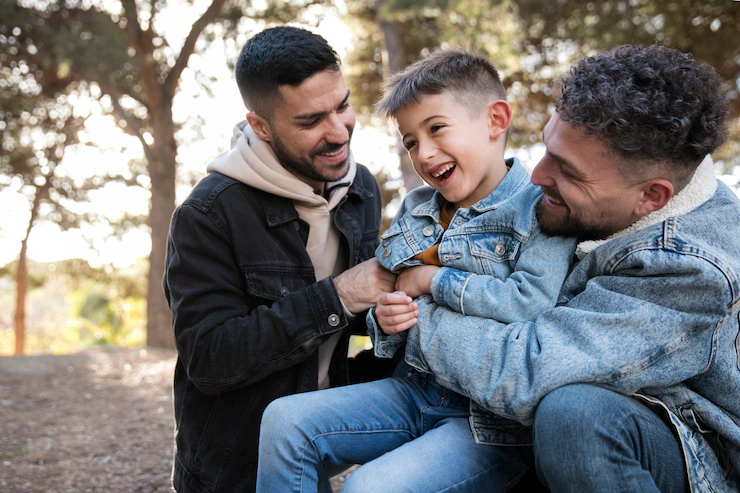Crime can be a distressing and unsettling reality, but empowering children with the knowledge and understanding of reporting crimes and seeking help is an essential step towards creating safer communities. Educating children about their role in preventing and addressing crime not only equips them with the necessary skills to protect themselves but also empowers them to be active contributors to a more secure and just society.
Children are often hesitant to report crimes or seek help due to fear, confusion, or a lack of awareness of their rights and available resources. It is vital for parents, educators, and communities to provide guidance and create open lines of communication, ensuring children feel safe and confident to speak up when they witness or experience illegal activities. By fostering a culture that encourages reporting and seeking help, we empower children to become advocates for their own safety and that of others.
One of the first steps in teaching children about reporting crimes is helping them recognize what constitutes a crime. Children should have a basic understanding of various forms of illegal activities such as theft, bullying, harassment, or abuse. Through age-appropriate discussions and educational materials, we can provide them with the knowledge to identify when something wrong has occurred and when intervention is necessary.
Next, children need to be aware of the importance of reporting crimes. They should understand that by reporting, they can prevent harm from escalating and help ensure justice is served. It is crucial to emphasize that their voices matter and that their actions can have a significant impact on the well-being of others. Children should be assured that reporting crimes is not about getting someone in trouble, but rather about seeking assistance and finding resolutions that promote safety and fairness.
Moreover, children need to know whom to approach for help when they encounter or witness a crime. This includes trusted adults such as parents, teachers, school counselors, or law enforcement officers. Familiarizing children with emergency helpline numbers, such as the police or child protection services, can also provide them with immediate access to assistance when needed. Teaching children how to effectively communicate their concerns and how to provide accurate details can greatly enhance the chances of a successful resolution.
Role-playing scenarios can be an effective way to reinforce these lessons. By engaging in pretend situations, children can practice how to report a crime or seek help, building their confidence and problem-solving abilities. Encouraging open dialogue and active listening during these exercises allows children to express their thoughts, concerns, and questions, facilitating a deeper understanding of the importance of reporting crimes and seeking help.
Furthermore, teaching children about the concept of bystander intervention is crucial. They need to understand that they have the power to make a positive difference by speaking up when they witness wrongdoing, even if they are not directly involved. By promoting a sense of responsibility and empathy, we can encourage children to become active bystanders who support victims and help prevent further harm.
In addition to teaching children about the power of reporting crimes and seeking help, it is equally important to address their emotional well-being throughout the process. Encourage open conversations about emotions, stress, and fear, and provide them with coping strategies to manage any anxiety that may arise from being involved in such situations. Emphasize the importance of self-care and reinforce the message that seeking help is not a sign of weakness but a strength.
By educating children about reporting crimes and seeking help, we empower them to be active participants in creating safer communities. Their voices, actions, and understanding of the justice system can contribute to preventing crime, supporting victims, and ultimately fostering a society that values safety and justice for all.
In conclusion, teaching children about the power of reporting crimes and seeking help is a vital aspect of their personal safety and the well-being of society as a whole. By equipping children with the knowledge, confidence, and resources to address crime, we empower them to become responsible citizens who actively contribute to the creation of safer communities. Let us invest in their education and guide them on a path towards a more just and secure future










